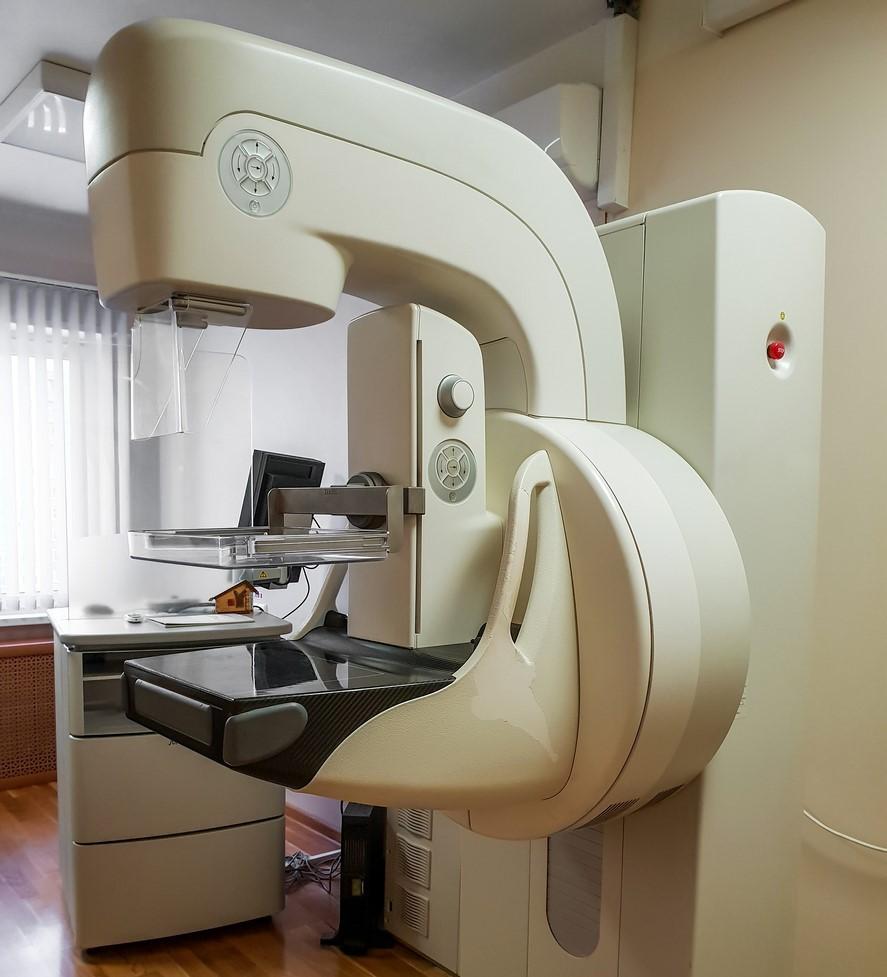A US survey study published today in JAMA Network Open reveals that screenings for breast cancer and cervical cancer fell 6% and 11%, respectively, in the first year of the COVID-19 pandemic.
Researchers from the American Cancer Society (ACS) and Emory University analyzed responses to the 2014, 2016, 2018, and 2020 Behavioral Risk Factor Surveillance System (BRFSS) from women eligible for screening for breast cancer (ages 50 to 74 years) and cervical cancer (ages 25 to 64), and men and women eligible for colorectal cancer screening (ages 50 to 75). Data were analyzed from September 2021 to February 2022.
The investigators said the study is the first based on population data to assess the effects of pandemic disruptions on cancer screening across the country.
A total of 479,248 women were included in the evaluation of past-year screenings for breast cancer, and 301,453 were included for cervical cancer, and 854,210 men and women were included for colorectal cancer. In the 2020 survey, 11.4% of participants aged 50 to 75 years were Black, 12.6% were Hispanic, 67.3% were White, and 29.9% had college degrees.
Fewer colonoscopies, more home stool tests
From 2014 to 2018, the prevalence of breast cancer screenings stayed fairly steady, but from 2018 to 2020, it fell by 2.13 million (6%; from 61.6% in 2018 to 57.8% in 2020; adjusted prevalence ratio [aPR], 0.94), and cervical cancer screening declined by 4.47 million (11%; from 58.3% in 2018 to 51.9% in 2020; aPR, 0.89).
The degree of decline in cervical screenings was greatest in Hispanic women (17%), but for breast cancer screening the largest drop (27%) was among Asian/Pacific Islander women. Participants without a high-school diploma saw screening declines of 11% for breast cancer and 17.7% for cervical cancer, relative to 6.1% and 9.5%, respectively, for college graduates.
Colorectal cancer screening, however, stayed fairly stable. Although colonoscopies fell by 16% from 2018 to 2020 (aPR, 0.84), the decrease was partially offset by a 7% increase in stool testing (aPR, 1.07). This finding, the authors said, shows the promise of at-home cancer testing to maintain population-wide screening during a major healthcare disruption such as that caused by the pandemic.
Nearly 80% initial drop in screenings
Senior author Ahmedin Jemal, DVM, PhD, the ACS senior vice president of surveillance and health equity, noted that cancer screenings fell by nearly 80% in March and April 2020 after elective medical procedures were canceled or delayed, and patients stayed away from healthcare settings owing to fear of COVID-19 infection.
"Many people caught up on screenings later in 2020, but overall, the COVID-19 pandemic kept screenings down over the course of the entire year," he said in an ACS press release. "As we move forward, it's crucial to get people back into their doctor’s offices to get screened."
While the effects of the missed or delayed screenings is unknown, they should be monitored closely over time, Jemal added. "It is imperative that we understand the impact of lower screening rates on cancer outcomes among people of color and people of lower socioeconomic standing and also work to improve access to health care and cancer screenings for everyone," he said.
ACS Chief Scientific Officer William Dahut, MD, who was not a study author, said that cancer screening is effective and safe. "Facilities that offer screening services have COVID-19 safety precautions in place," he said in the release. "Many states have low or reduced-cost screening programs to help ensure that everyone has access, even people who don’t have insurance or a primary care doctor."





















